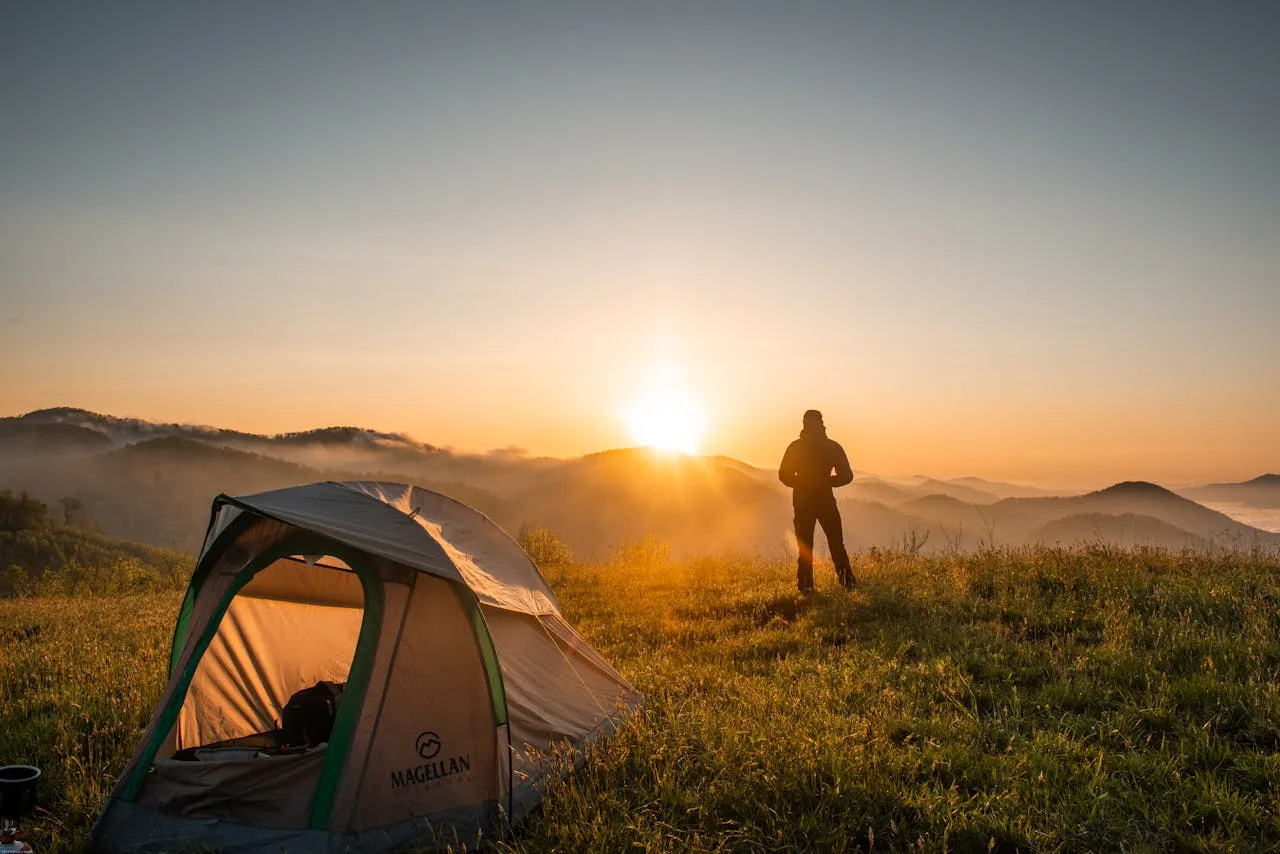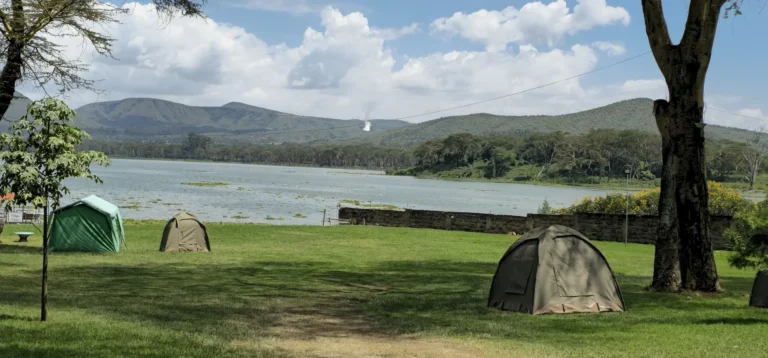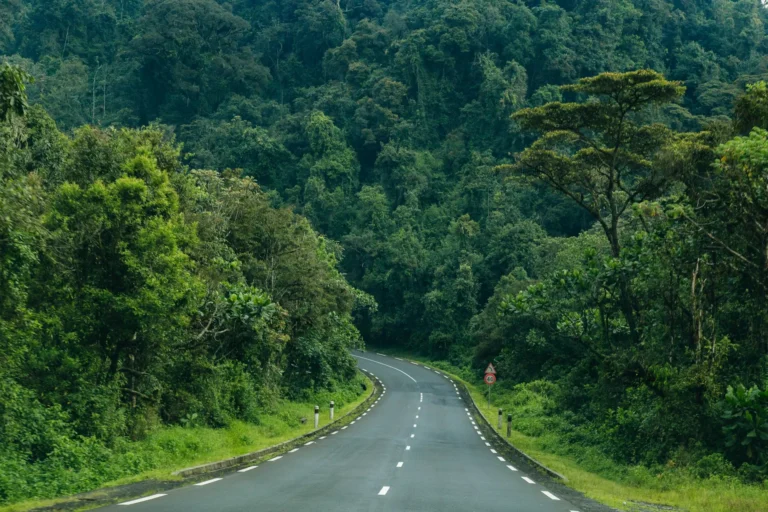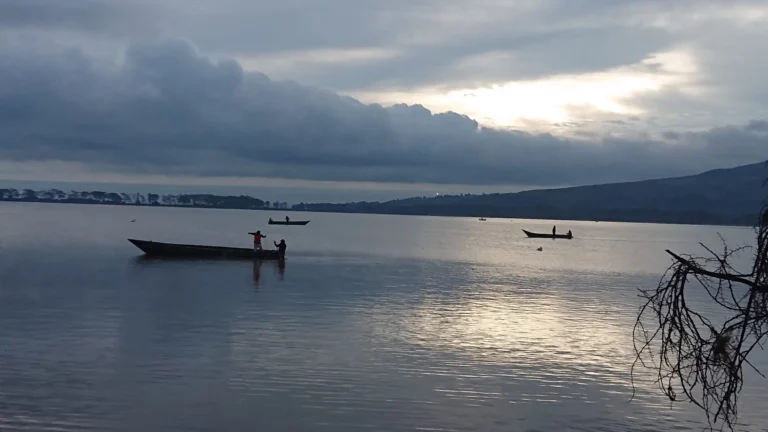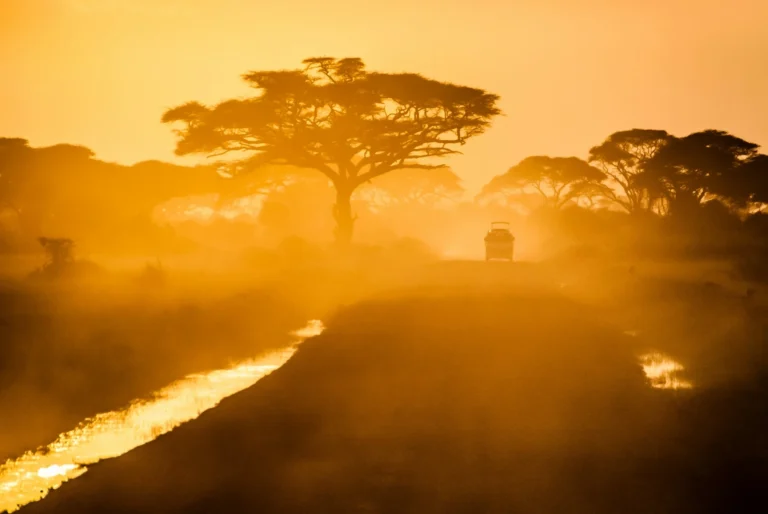How To Survive Your First Camping In The Wild
It’s thrilling and exciting to go camping in the wilderness. It is a fantastic chance to get away from the hectic metropolitan lifestyle and get back in touch with nature. However, if you are not adequately prepared, it can also be frightening and even hazardous. Everything you need to know to make it through your…
It’s thrilling and exciting to go camping in the wilderness. It is a fantastic chance to get away from the hectic metropolitan lifestyle and get back in touch with nature. However, if you are not adequately prepared, it can also be frightening and even hazardous. Everything you need to know to make it through your first camping trip in the wilderness is covered in this article.
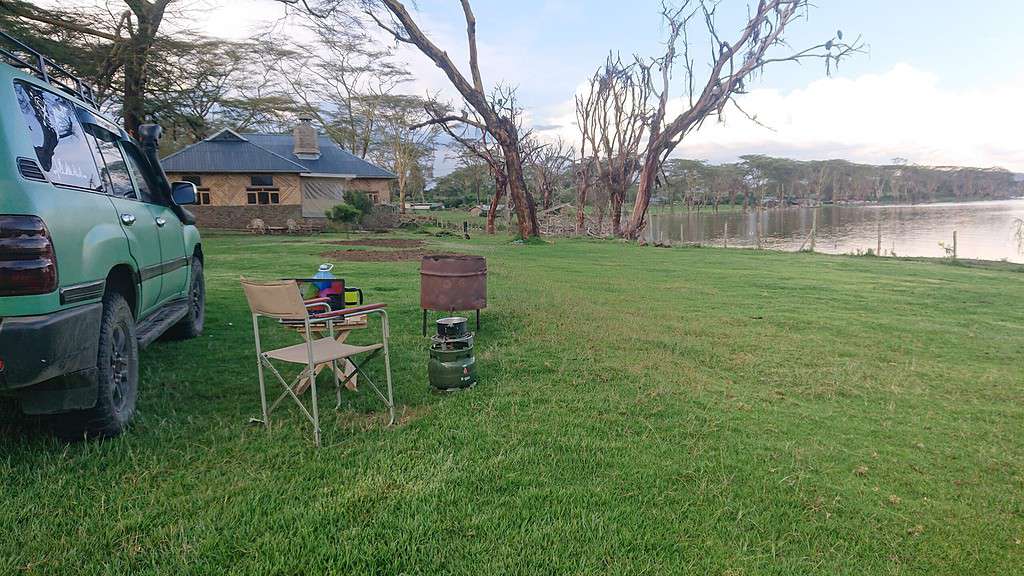
- Make A Plan
Make sure to carefully organize your trip before you leave. This includes picking the ideal place, assessing the weather, and gathering the necessary equipment. When organizing your camping vacation, keep the following points in mind:
(I) Select a campsite: Pick a campground based on your requirements and level of experience. It can be a good idea to pick a campsite with facilities like restrooms, showers, and fire pits if you are new to camping. Additionally, ensure that it is in a well-lit, secure place.
(II) Look at the weather: Before you leave, look at the forecast for the area where you plan to camp. This will enable you to pack the necessary clothing and equipment for any probable weather circumstances.
(III) Pack the proper equipment: Make a list of every piece of equipment you’ll require for your trip, such as a tent, sleeping bag, camp stove, and food. A first aid kit, flashlight, and extra batteries should be brought. Additionally, make sure your bag is warm.
2. Organize Your Campsite:
It’s crucial to carefully set up your campground as soon as you get there. This entails pitching a tent, building a fire, and establishing a cooking space. When erecting your campsite, keep the following points in mind:
(I) Select a level site for your tent: Be sure to situate your tent in a level area away from any potential dangers, such as falling boulders or branches. Remove all sharp objects and trash from the vicinity.
(II) Tent setup: If you have never gone camping before, it is a good idea to practice before you leave. This will guarantee that you understand how to set it up and take it down correctly.
(III) Start a fire: A fire is necessary for cooking as well as for warmth and illumination at night. Always light a fire in a secure area, and never leave one unattended.
(IV) Make a kitchen space: Make a space where you may prepare food and eat it. Away from your tent and any potential fire threats is preferred.
3. For Wildlife Encounters, Be Prepared
It’s crucial to be ready for any wildlife interactions when camping in the wild. This entails being aware of the many species of wildlife in the region, comprehending their behavior, and adopting the appropriate safety measures to keep away from confrontations. Here are a few crucial points to bear in mind.
(I) Store food appropriately: Wildlife is frequently attracted by the fragrance of food. Food should be kept out of reach by hanging from trees or being stored in bear-proof containers.
(II) Carry bear spray: It is a good idea to have bear spray on hand if you are camping in a bear-infested area. This may prevent a bear attack and buy you some time to go away.
(III) Keep the campground tidy: Do not leave food or trash out in the open to attract wildlife. Keep your campground tidy and pack out all of your rubbish. In order to keep wildlife away from your tent, avoid cooking or dining there.
(IV) Maintain a safe distance: If you come across any wildlife, keep your distance and stay away from them. Respect their personal space and keep a safe distance.
4. Observe Nature:
Leave no evidence of your visit if you plan to camp in the wilderness. This entails reducing your environmental effect and respecting the wildlife’s natural habitat. Here are a few crucial points to bear in mind:
(I) Pack out all rubbish, including food leftovers, and leave your campsite in the same condition that you found it.
(II) Follow the Leave No Trace guidelines: To reduce your impact on the environment, abide by the Leave No Trace guidelines. This entails cleaning up all waste, staying on paths that have been set aside, and avoiding endangering vegetation.
(III) Use biodegradable soap: If you need to wash your hands or your dishes, use biodegradable soap to reduce your environmental impact.
(iv) Don’t annoy wildlife: Never approach or annoy wildlife. Respect their natural habitat and keep a safe distance when watching them.
5. Stay Secure:
It’s crucial to exercise caution when camping in the woods. This entails adhering to safety precautions like staying hydrated and not leaving flames unattended or close to wildlife. Here are a few crucial points to bear in mind:
(I) Keep yourself hydrated: Pack enough water for the duration of your vacation and drinking lots of it. The effects of dehydration include weariness and other health problems.
(II) Use a map and compass: It’s critical to carry a map and compass with you in case you become lost or disoriented so you can navigate. Don’t completely rely on GPS, as it might not always function in outlying places.
(III) Follow the rules for fire safety: Always abide by the rules for fire safety, such as never leaving a fire unattended and making sure it is completely out before leaving.
(IV) Keep warm: Even in the summer, temperatures can drop drastically at night. To be warm and cozy, be sure to pack warm clothing and a quality sleeping bag.
(V) Pay attention to your surroundings: Always be mindful of any dangers in your immediate environment. Steep cliffs, shaky terrain, and other potentially hazardous situations should be avoided.
6. Try And Have Fun:
Most importantly, don’t forget to enjoy yourself and the wonderful outdoors! Wild camping can be a memorable activity that enables you to connect with nature and detach from the strains of everyday life. Spend some time unwinding, exploring, and admiring the beauty of the surroundings.
In conclusion, camping in the wilderness may be a fun and worthwhile activity. You can have a safe and fun camping vacation by paying attention to these suggestions and packing appropriately. Keep in mind to properly organize your trip, respect nature, be safe, and most importantly, enjoy yourself!

